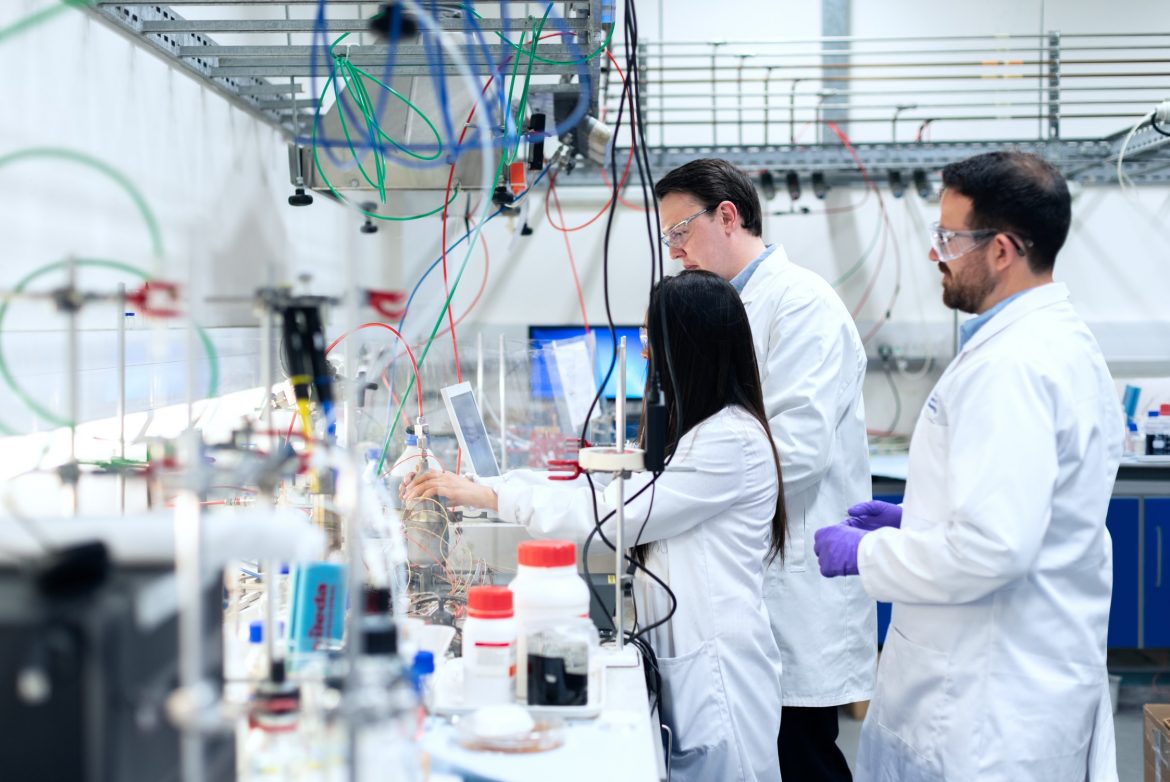LICROX project funded with 3M€ to convert sunlight into chemical energy
Achieving artificial photosynthesis would be one of the most efficient paths to fight climate change. Photoelectrochemical cells (PECs) have the potential to become efficient and cost-effective technologies, able to directly convert sunlight into chemical energy. The LICROX project will implement a new type of PECs that mimics photosynthesis. By incorporating three complementary light-absorbing elements, the LICROX devices will be able to drive both water oxidation and CO2 reduction reactions to convert sunlight to stored chemical energy. To achieve an effective large-scale replacement of fossil fuels, the PECs fabricated within the LICROX project will use an innovative combination of light-absorbing materials and powerful molecular transition metal complexes as a catalyst for both the oxidation and the reduction reactions. The final PECs will consist of using low-cost materials and device architectures that will avoid large accumulations of hazardous or toxic products.
ICIQ group leader Prof. Antoni Llobet will coordinate the LICROX project, awarded 3M€ by the European Commission. LICROX will be funded within the “Boosting emerging technologies” FET Proactive Horizon 2020 programme.
LICROX brings together an interdisciplinary team of scientists from academia and industry with comprehensive expertise in molecular catalysts and electrocatalysts, materials chemistry, semiconductor physics, electrochemistry, and photonics. Six European partners collaborate in the project: Ecole Polytechnique Federale de Lausanne, EPFL (Switzerland), Institut de Ciències Fotòniques, ICFO (Spain), Technische Universitaet Muenchen, TMU (Germany), Avantama AG (Switzerland), Onden Teknologiradet (Denmark) and Hysytech SRL (Italy).
LICROX will set the route for a new scalable renewable energy technology that will be initially pushed towards an industrial implementation and commercialization by Avantama AG, Hysytech SRL, and a newly developed spin-off from ICFO.

